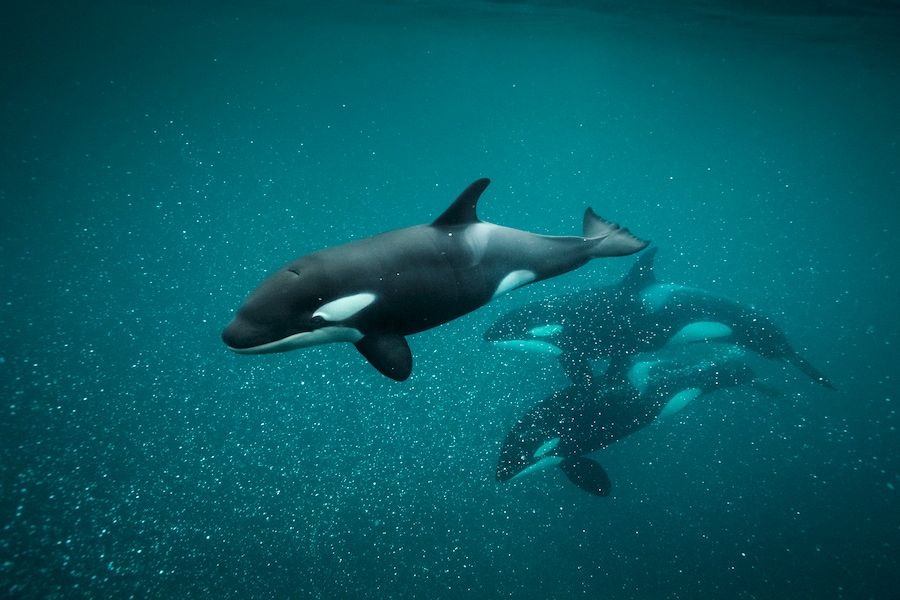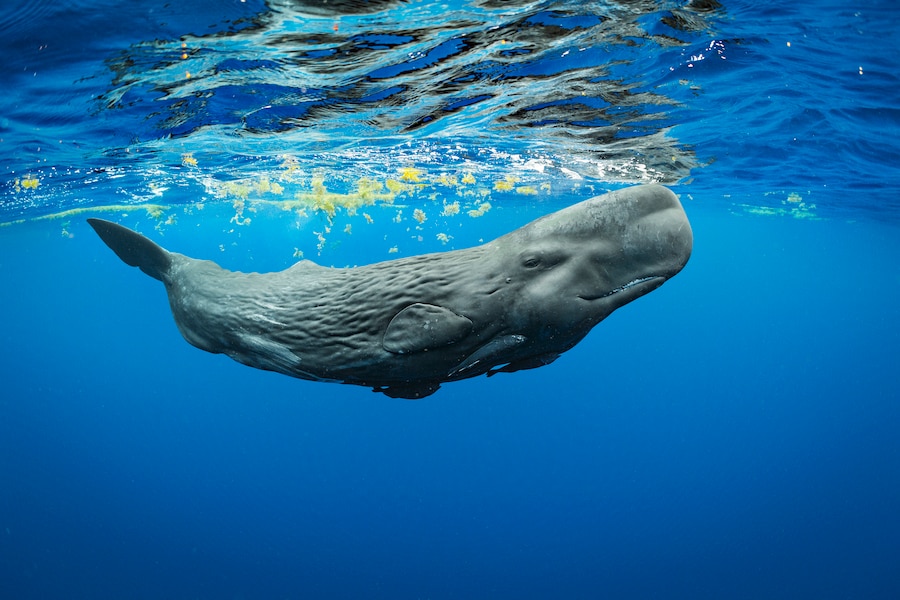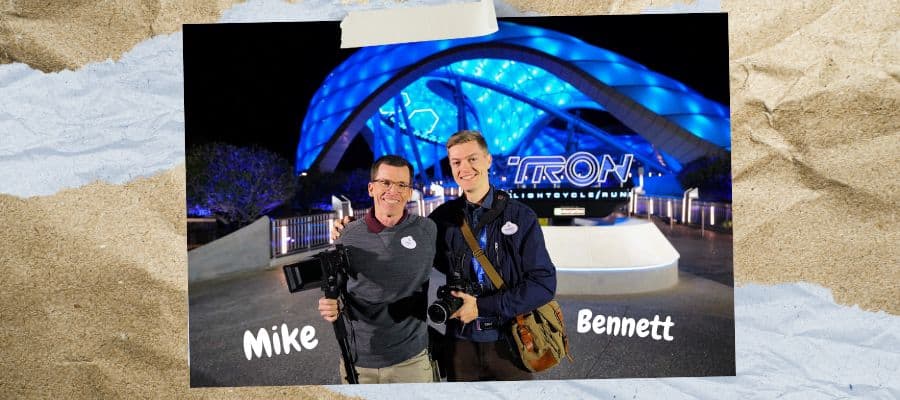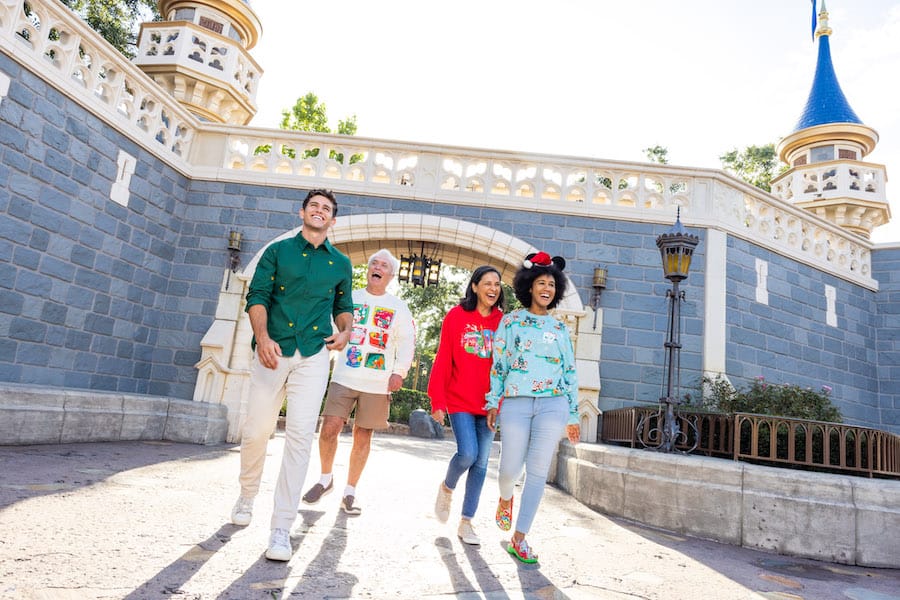
Nat Geo Live Speaker Series Begins; World-Renown Photographer Shares Sneak Peek at Adventures
Originally published at Disney Parks News
For more than a century National Geographic has been igniting the explorer in all of us through groundbreaking storytelling. And what better way to celebrate Earth Month than alongside the awe-inspiring and real-life experiences of our very own Explorers?!
National Geographic Live’s spectacular in-person events are happening all across the country. Throughout April and after, attendees are invited to be immersed in natural wonders alongside the world’s best and brightest scientists, explorers, photographers, and filmmakers.
Whether you are in Florida, the Midwest, California, Pacific Northwest, the Northeast, or beyond, we’re bringing the most amazing stories to a stage near you in dozens of cities across North America. The series features something for everyone of all ages and will transport you to far-away lands. Through global expeditions by the earth, wind, and water —all from the comfort of your seat. Hear first-hand about some of the planet’s most unforgiving climates. The rebirth of wildlife parks and species population restoration, how whales and primates can teach us about family and communication, and more!
Below is a selection of the many exciting events that you can experience. Including Explorer and award-winner Brian Skerry – a photojournalist specializing in marine wildlife and underwater environments – who I had the incredible opportunity to speak with. Brian offers a sneak peek inside his captivating underwater adventures that you can expect to hear about at his appearances on the road. Including how he conquered his fears to live his dream. He stated, “National Geographic was always my Mount Everest.”
Read on for more details!
Keith Ladzinski – Force of Nature:
- Photographer and filmmaker Keith Ladzinski capture extreme feats of adventure in some of Earth’s most challenging environments. From the bottom of the planet in interior Antarctica to the heights of China’s karsts.
Steve Winter – On the Trail of Big Cats:
- Get daringly close to tigers, snow leopards, jaguars, and cougars. Through the unforgettable stories and images of award-winning photographer Steve Winter.
Bob Poole – Nature Roars Back:
- Experience the rebirth of an epic African wildlife park. Through the eyes of Emmy Award-winning natural history cinematographer Bob Poole.
Brian Skerry – Secrets of the Whales:
- Dive deep into the groundbreaking science of whale families—and their startlingly human parallels.
Rae Wynn-Grant – The Secret Life of Bears:
- Rae Wynn-Grant, a large carnivore ecologist with the National Geographic Society’s Last Wild Places Initiative. Works to protect and restore iconic wildlife populations, including North American black and grizzly bears.
Andy Mann – From Summit to Sea:
- Dive in and celebrate the ocean with award-winning filmmaker and photographer Andy Mann. As he details his transformation from climber to diver and tells the story of our rapidly changing planet, from top to bottom.
Ronan Donovan – Social by Nature:
- Photographer Ronan Donovan reveals how closely we can identify with chimpanzees, wolves, and gorillas. And what we can learn from these fellow social mammals.
Filipe DeAndrade – Untamed:
- Filmmaker Filipe DeAndrade credits animals with saving his life. And in return, he wants to preserve the wild spaces where they live.
Alizé Carrère – Adaptation:
- Explore the remarkable ways people around the world are adapting to our changing planet with environmental anthropologist and filmmaker Alizé Carrère.
Brian has spent nearly four decades exploring and documenting Earth’s oceans. After growing up inland in Uxbridge, Massachusetts, Southwest of Boston, and watching a plethora of Jacques Cousteau documentaries, he was introduced to water and scuba diving through a school friend. At the ripe age of 15, what was supposed to be a fun daytime activity seamlessly turned into a passionate, life-long career submerged beneath the waves.
Credit: Brian Skerry
For his latest project, he turns his lens to one of the world’s most beloved animals. To illuminate startling new insights into their lives and culture. Discover extraordinary
communication skills and intricate social structures. Among four different species of whales—from the international cuisines of orcas to families of beluga whales. Playing at their “summer resort”—and learn what these majestic creatures can teach us about ourselves and our planet.
Recounting his historic career and how he got his start, Skerry recalled, “I did my own diving and bought a used underwater camera – the Nikonos amphibious camera. Studying communications, journalism, animation, and film production in school, I used what I learned in the classroom and applied it underwater. My inspiration was Bill Curtsinger, who was the first person to ever photograph large whales underwater. He challenged me to produce a story for Nat Geo about a pirate shipwreck off Cape Cod in 1998. There is an almost certain chance of failure and if this doesn’t go well, you’ll never have a second chance.”
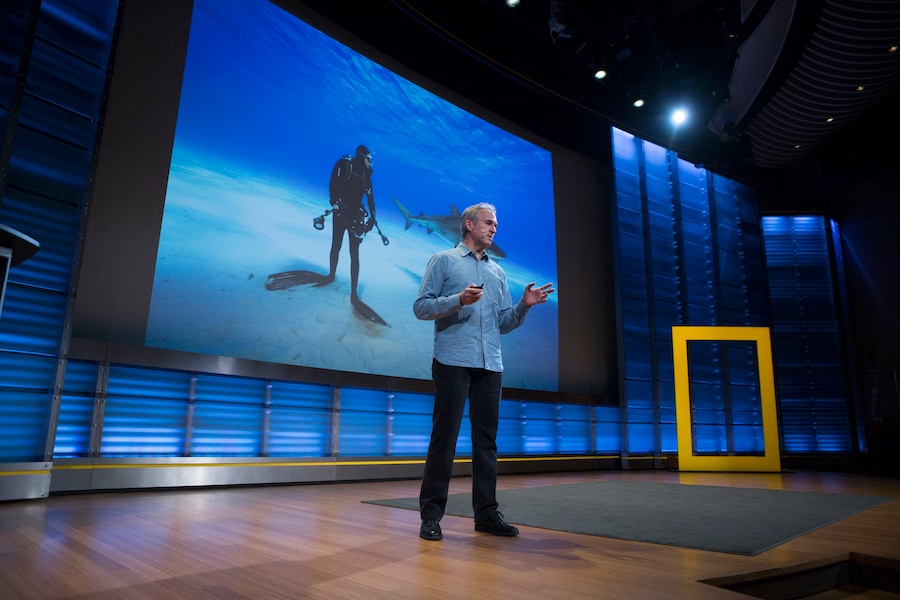
Credit: Rebecca Hale
Fast forward to today, and Brian has produced hundreds of hours of Nat Geo content. Including more than 30 stories and an astounding six magazine covers counting “Secrets of the Whales,” and snorkeled with President Barack Obama. “While we are terrestrial creatures, about 98 percent of our biosphere is the ocean. Understanding that we live in an ocean world is incredibly important. ‘Secret of the Whales’ is a way to help see our planet through a cultural lens. There is no planet that is like Earth and there is no chance of re-supplying our planet. We’re not passengers here, we’re crew, and whales are a great ambassador to tell this important story.”
Brian noted the misconceptions that many of us hold. Including that the ocean is too big to fail. “We’re seeing that our environment is not limitless. The ocean is vast and has the power to restore and heal itself. But we have to help ourselves and leave it alone. Cousteau said, “as the ocean goes, so do we,” and we need to cherish and protect it.”
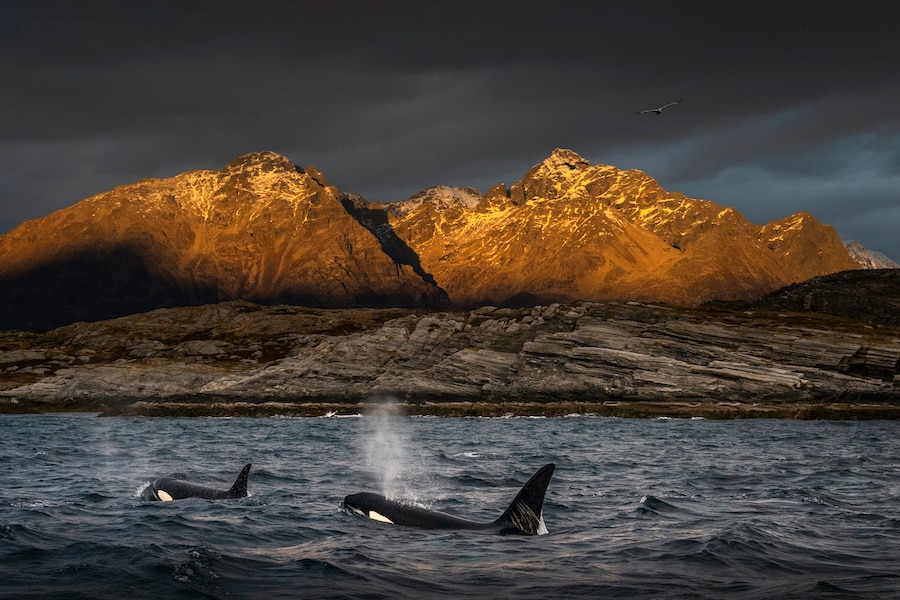
Credit: Brian Skerry
With highly engaging and stunning visuals, Brian brings to life a vast environment. That is sure to conjure more questions than he has time to answer – including for me in this wonderful interview. “Whales have ancestral traditions that they can teach their children. They have singing competitions and are highly vocal. This work showcases that family matters and community matters. I hope that the audience gets to see a bigger way of looking at this.”
So how can we all be better ambassadors to our planet? Simple yet small steps will help, he said. Use a stainless steel water bottle to help eliminate single-use plastics. And make better consumer choices. “We can make a difference, so never underestimate that. I hope that my legacy 100 years from now is a healthy Earth.”
To learn more about how you can hear from National Geographic Explorers like Brian in your city as part of the National Geographic Live 2022 North American Tour presented by Office Depot, we invite you to visit the website to find more information. The full schedule of events and speakers may be found here.
Earlier this month we launched Disney Planet Possible, which showcases the tangible actions we’re taking. To put possibility into practice and inspire optimism for a brighter, more sustainable future. Learn more about Disney Planet Possible at disneyplanetpossible.com.


